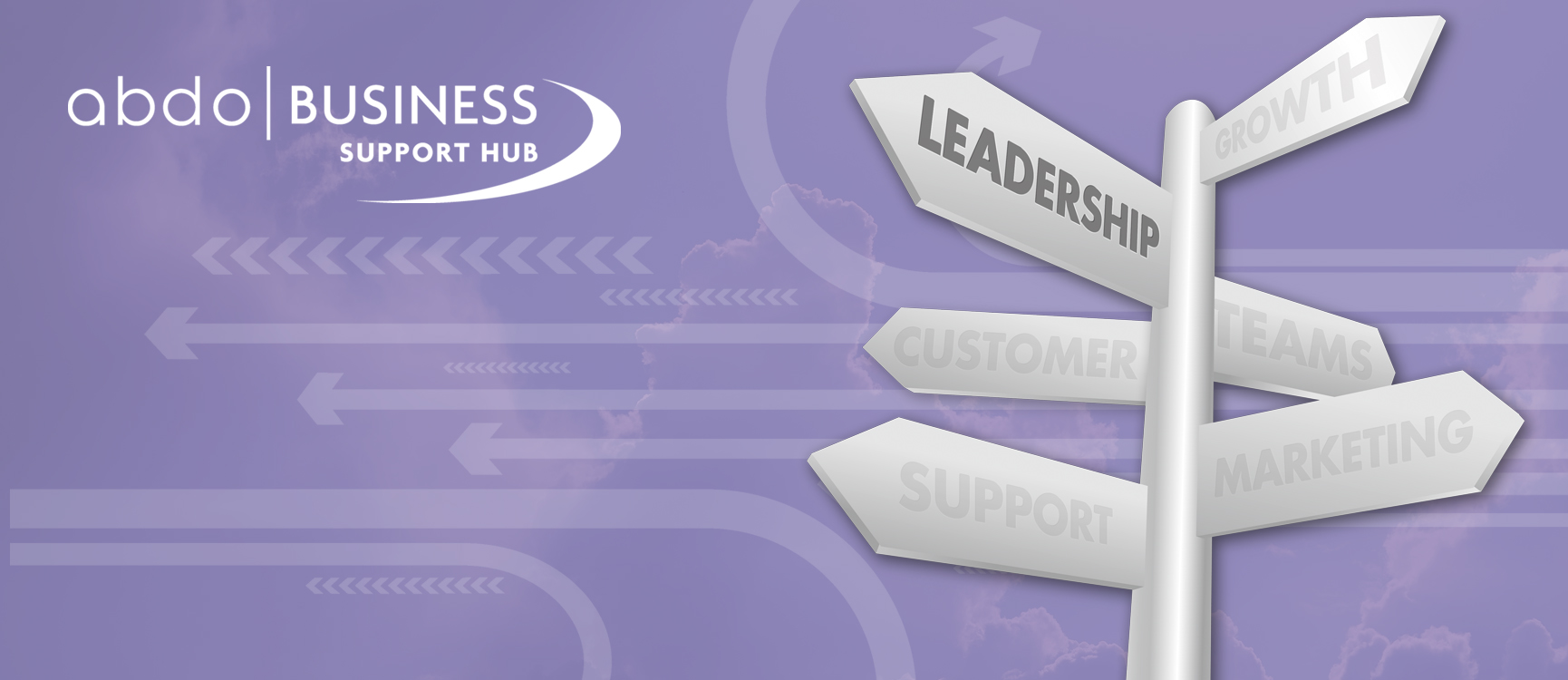In this internet age it is easy to fall into the trap of believing that you can find all the good free advice you need using internet search results. But it really can’t compare to the experience of developing a one-to-one relationship with a mentor.
Mentoring is vital from the beginning to the end of a career. It can start as early as finding a mentor whilst in education and continue all the way to the boardroom where a mentor can advise on the right role for the individual and provide vital support.
Statistics show that people who are mentored do better in their career.
A Mentor’s Insight
The most obvious benefit of having a mentor is learning from their real-life experiences. You will be able to access their first–hand knowledge of how to overcome professional challenges and make difficult business decisions. It won’t be your mentor’s role to make decisions for you but they can certainly help to broaden your thinking and options, to act as a sounding board, raise issues you may not have thought of and alleviate any concerns you may have.
Once you develop a relationship, a mentor and their wealth of knowledge will be far more useful than generic advice columns on the internet.
In some instances your mentor may NOT have the exact experience you are looking for, however, the chances are they will have someone in their network who has and they can access that experience on your behalf. These same connections could be beneficial in other ways – you never know who could turn out to be a potential business partner or a job lead. Your mentor’s network could form one of your most valuable groups of contacts.
Managing The Mentoring Relationship
The relationship between mentor and mentee needs to be managed appropriately. Mutual understanding is crucial and boundaries need to be established early on. A mentor’s role is not to get their mentee their next job, It is about giving advice and listening to concerns. A mentee cannot expect their mentor to do everything for them; it is their responsibility to invest time in themselves. Confidentiality is imperative as this provides the basis for a successful relationship.
One of the biggest benefits of mentoring is that it helps people learn from their mistakes. A mentor can help their mentee to address and be more honest about where they might have gone wrong. Mentors can also help to identify skills which might be useful in a new role, and support mentees to learn and hone them.
Mentoring someone doesn’t need to be an elaborate exercise, instead it should become a way of life. The relationship needs to be comfortable, but not demanding.
Find out more about ABDO peer to peer mentoring here.

